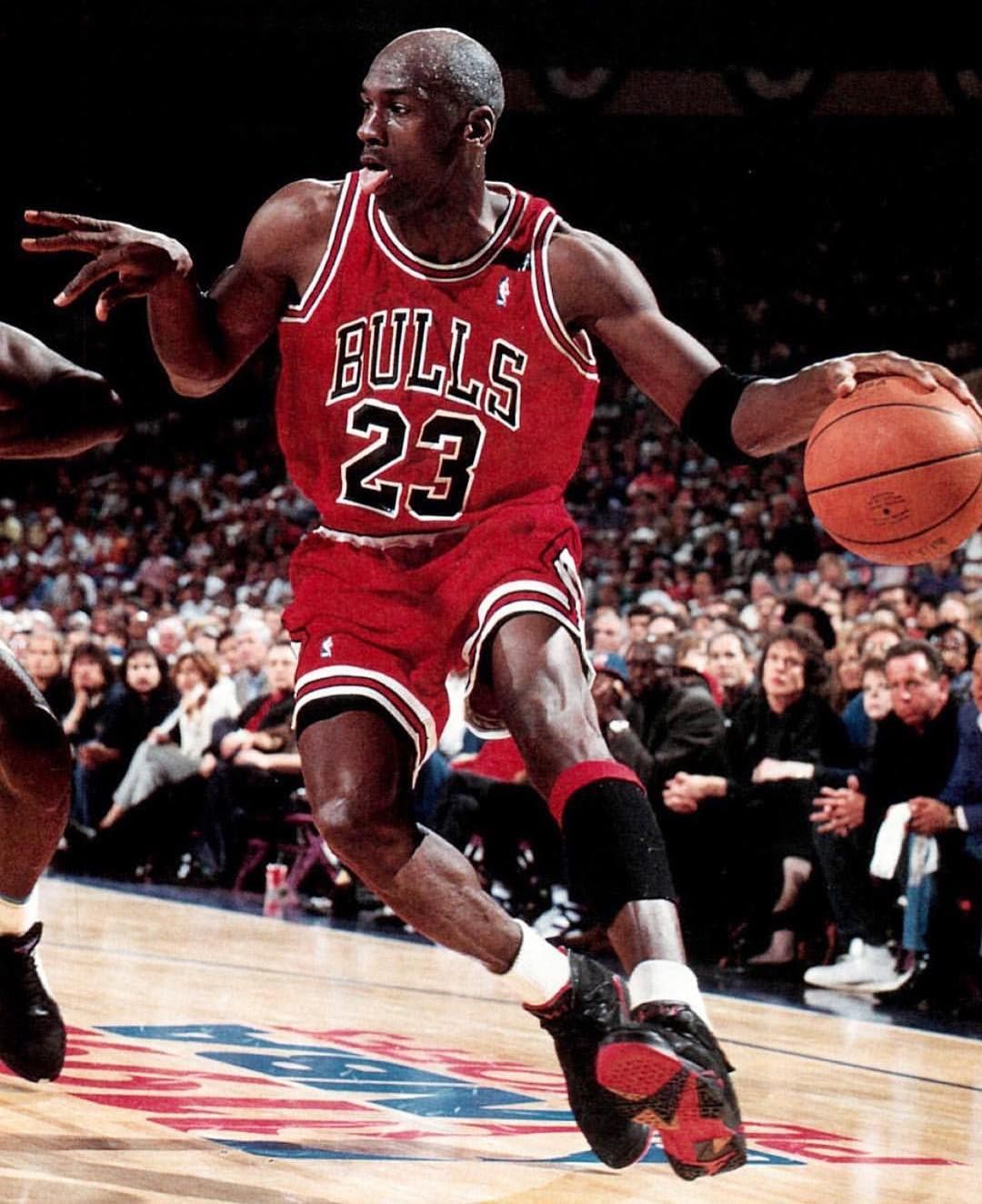Before a few weeks ago, if you were to ask me who Michael Jordan was, I’d have probably answered with “Oh, he’s that basketballer isn’t he?”
Fast-forward to the present day and I feel ashamed that as a self-proclaimed sports nut, I knew so little about one of the greatest athletes to ever grace this Earth.
The Last Dance was a joint project by ESPN and Netflix, documenting Michael Jordan’s career and his Chicago Bulls side’s push to win a sixth NBA Finals title – aptly titled ‘The Last Dance’ by head coach Phil Jackson, to signify the final season of the dynasty he’d help create.
In many ways, I enjoyed watching this sports documentary more than most, as I was living out these events for the very first time, watching in awe as Jordan defied expectations again and again.
Of course, it wasn’t just his ‘Airness’ that featured on this ten-episode series, there was a supporting cast all with stories of their own – the garish and unorthodox Dennis Rodman; coach Jackson with his native American and holistic influences; the Robin to MJ’s Batman in Scottie Pippen; the pantomime villain of General Manager Jerry Krause and the somewhat loveable Steve Kerr to name but a few.
I felt as if at points, there were resemblances of the film Money Ball – with each unique part of the team fitting together like a jigsaw.
It was difficult to pick fault at the documentary series, for an NBA newbie the cross-over of storylines was challenging at first but as soon as I became accustomed to the regular characters, it began to make more sense.
The journey of the Bulls dynasty and Jordan’s rise were knitted together well and did portray an image that when he took his first retirement in 1993 – after the tragic murder of his father James – the Bulls struggled without the man that once described himself as “Black Jesus”.

That’s not arrogance from Jordan by the way, he could afford to talk the talk because he walked the walk, time and time again.
As the episodes went by, I’ll admit, I did begin to think “When’s this guy gonna crack?”, “no one is this big and this clean.”
However, in his interviews with Jason Hehir and Jake Rogal, the director and lead producer for the series, he was open and matter-of-fact with touchy subjects such as his gambling addiction and his decision to put all his focus into basketball as opposed to using his status to impact politics too.
“There was a lot of thought put into how delicately we ask these questions, and especially when it comes to questions about conspiracy theories that he was somehow responsible for his father’s death. To his credit, he answered everything head-on.”, the pair told The Athletic.
The series painted a picture of a man so dedicated to success, both on an individual level and with his team, that he had to do it on his terms – if he wanted to wager big money on golf matches or make his teammates so fearful of underperforming that they saw him as almost a bully-like figure, then so be it.
The titles and MVP awards that followed and the lasting legacy of the dynasty is all he needs to show to any sceptics.
It was fairy tale stuff, watching the Bulls’ two championship ‘three-peats’. The emotion that poured out of the typically ice-cool MJ after his first NBA championship win without his father there was special to see – he’s no robot.
Equally as special and breathtaking to watch was Jordan’s last shot, to win the 1998 championship (of course), for the Chicago Bulls.
How he holds the pose for that split-second longer as if time stood still momentarily.
The documentary does well to highlight not only his impact on the court but off it too. His larger-than-life personality made him a very marketable commodity. From his role in the film Space Jam to his highly-lucrative brand deal with Nike.
Jordan and his era helped the NBA sky-rocket in worldwide popularity, going from reaching 80 countries in 1992 to now 215 countries across the globe.
The Last Dance has it all as a documentary, for the well-versed fan it offers an insight into the stories behind the big moments, but all the while still tells the newbies like me the story of a career that is hard to think possible.
In terms of how I felt having watched it through, it’s difficult to sum up.
Let’s just say that now I want to “be like Mike.”
By Pete Trifunovic

